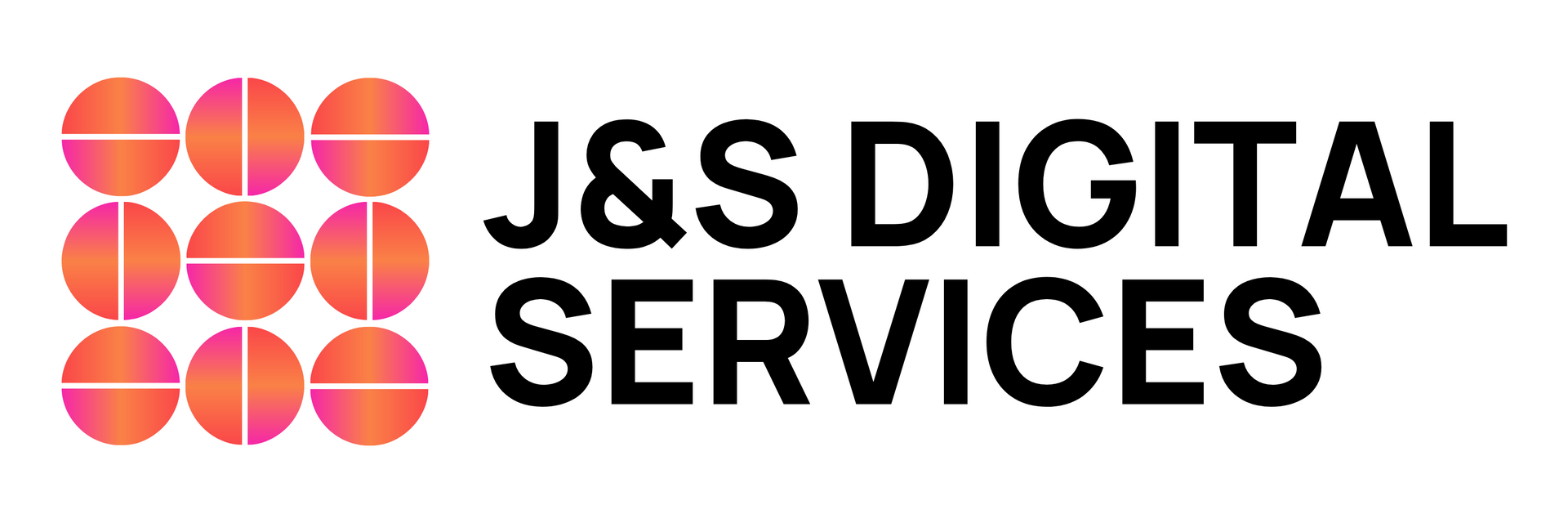How to Find the Right Keywords to Generate More Leads

Do you have a brand-new website or product you need to drive traffic towards or an established website that isn't getting the traffic it should? Have you been told you need to use keywords to improve your SEO and Organic reach but have no idea what that means?
Don't worry. You've come to the right place. In this article, we will help you understand how to generate leads online, what keywords are, how they fit in with SEO and organic reach, and how you can use it all to gain traffic to your website and get the outcome you desire.
Keywords are the key to SEO and organic reach, but what if you have no clue what any of that means? Let us break it down for you.
What is lead generation?
Lead generation is a marketing phrase that refers to the process through which a company finds and attracts new clients. The process of recruiting new clients using the internet and digital marketing methods like social media platforms, ads, and emails, is known as online lead generation.
Lead generation on the internet is a critical component of every website’s marketing strategy. No leads, on the other hand, mean little to no traffic, which will eventually lead to the downfall of your website, product, or service.
What is SEO?
SEO is an abbreviation for the term Search Engine Optimization.
It’s a technique you can use that involves different methods to make sure your web pages are optimized. When your webpage is optimized, it has a better chance of reaching the highly sought-after first search result page on Google and other search engines.
Why should we all strive for the first page?
According to statistical research done by WorldWideWebSize, as of March 2022, there are over 3.38 billion indexed web pages on the internet . That's a lot of pages! We don't know about you, but when we search for something, we rarely click onto the 2nd page, let alone a page further down the line.
The closer your webpage can get to the top of the results page, the more likely someone will see it and click on it. This is where SEO comes into the picture. By using search engine optimization techniques you can give your webpage the best possible chance to obtain organic reach.
To learn more about SEO, read our blog post What is SEO, and Why is it Essential for Your Business? A Quick Guide.
What is organic reach?
The number of individuals who visit and engage with a website’s content without the company having to pay is referred to as organic reach. One of the most crucial strategies for online lead generation is organic reach. It involves a potential client or consumer looking for the exact service you provide and being directed to your website. To utilize this tool, you need to understand what type of content is relevant to your website and what people are actively searching for.
Understanding organic reach and implementing the right techniques to achieve it can be time-consuming and confusing. Hiring a competent digital marketing agency to help you get ahead could be just the step you need to launch yourself and your company into the stratosphere. Check out our Website SEO services that can help you improve your conversions.
What are keywords?
Any search phrase typed into Google (or another search engine) that is a single word, phrase, or question is referred to as a keyword.
Keywords are search phrases that a website owner adds for SEO. As mentioned before, this is done to rank at the top of Google's or any other search engine's result page.
Why are keywords important?
Keywords are important because it's how search engines know what users are looking for and whether your webpage has it.
According to InternetLiveStats, there are 5.6 billion searches performed on Google per day, with the average person making 3-4 searches every day . Every single one of these searches relies on keywords.
Having the right set of keywords for each webpage on your website will ensure that search engines know what the page is about and get the right kind of traffic directed to your page.
Picking keywords at random is a recipe for failure. Instead, you need to take your time and research which keywords fit your niche, what qualities you need to focus on, and what types of keywords there are to choose from.
We know this can all feel overwhelming. You don’t have to learn something new every time you want to improve your website’s SEO. , Contact us today so we can do the hard work for you.
What are the different qualities of a keyword?
Not every keyword is created equal. There are different things to consider when it comes to a keyword, such as:
Competition
Some keywords are used more than others. You might think that finding keywords with high search rates is the way to go, but that's not always the case. The more a keyword is used, the higher the competition is. This means that there are already many websites using it, which could cause you to rank lower on the search result page. A great way to know if your keyword has a lot of competition is to use a keyword tool that will measure the competition for you.
Intent
The intent of a keyword is what the user or the person who entered the keyword in the search engine intends to find. Intent can be categorized into four main categories:
- Commercial Intent - Keywords that are used with the intent to learn more about a product or service.
- Informational Intent - Keywords that are used with the intent to learn something or to get the latest news.
- Navigational Intent - Keywords that are used with the intent to navigate to a location or to find something near the user.
- Transactional Intent - Keywords that are used with the intent to buy or take immediate action.
Price (cost per click)
Every keyword has a CPC or cost per click attached to it. This tells you how much it will cost every time someone clicks on an advertisement using that keyword.
Search Volume
This will tell you how often that certain keyword has been searched on Google. This information will help you see how popular a keyword is and how much traffic it could send your way.
Word Count
Word count is how many words are in the phrase being searched.
What are the different types of keywords?
Quality aside, there are also different types of keywords to keep in mind. Each type of keyword is used in a different scenario and produces a different result.
Branded Keywords
Companies and campaigns make branded keywords to help promote what they are selling or the movement they are creating. It's always recommended that you create branded keywords relevant to your company as soon as possible so that all of your social media posts can be easily found and traced back to your website.
Example: Just Do It by Nike
Customer Defining Keywords
Customer-defining keywords are phrases that will identify specific customers or audiences.
Example: running shoes for women
Evergreen Keywords
Evergreen keywords are phrases that never really change in search traffic patterns and someone is always entering it in a search engine. It's always a smart SEO practice to not only use evergreen keywords but evergreen content on your website overall.
Example: digital marketing strategies
Geo-Targeting Keywords
Geo-targeting keywords have a navigational intent and require results relevant to the location used in the query.
Example: marketing agencies in San Diego
Long-tail keywords
Even though long-tail keywords contain more words than short keywords, they are usually much more specific in what the user is looking for. This makes it easier for search engines to match the topic to the user's intent.
Example: female-owned digital marketing agency in San Diego
Negative Keywords
Negative keywords are phrases that have nothing to do with your website and are phrases you don't want search engines to pull your website up for. This usually only applies when you are using Google Adwords for pay-per-click advertising.
Example: If you were a digital marketing agency, a negative keyword you might include in your advertising is digital TVs.
Questions
Often, users will type out or say their search terms in the form of a question. This form of internet searching started with the popular search engine, AskJeeves in 1996.
Example: What keywords will help me generate online leads?
Seasonal Keywords
Seasonal keywords are relevant phrases during a specific time of the year. These are great to use to give your website traffic a boost from time to time.
Example: Christmas marketing ideas
Short Keywords
Short keywords are searches that consist of 1 or more words and usually create a very broad search result. Using short keywords in your SEO strategy can be difficult due to the keyword having a lot of competition.
Example: dog
How do I know what kind of keywords to use?
Now that you have a general idea of what keywords are and how they tie into SEO strategies and organic reach, you might be wondering how you figure out what kind of keywords will work best for you.
Finding the right keywords for your content doesn't have to be difficult. Just follow these steps, and you'll be on your way to creating an organic SEO Keyword strategy.
Step 1: Find out who your audience is . Who is your website for? Does it cater to a specific niche? Who would be searching for your product or services? Once you have that figured out, think about what keywords they might use to find what they are looking for. What topics are they most interested in reading about? How can you make their lives easier or more fulfilled?
Step 2: Think of topics relevant to your website, your audience, and what you offer . Then, break those topics down and make a list of keywords.
Step 3: Perform keyword research . You can use a tool or hire someone to help you decide which keywords to use based on the type and quality. Here are a few keyword researching tools to check out:
This process can be confusing and time-consuming. You can go as shallow or as deep into the research as you want. The deeper you go, the more you can narrow down the exact keywords that will work best for you.
Step 4: Utilize your keywords to optimize SEO and organic reach . This step is all about putting your knowledge into practice and creating web pages and content to help search engines and users find you naturally.
How does the right keyword help me generate leads online?
When you research the right keywords and use them appropriately, it will improve your website SEO and increase your organic reach. The more organic reach you have, the more traffic your website will see. An increase in web traffic of users who are looking for what you offer will give you a better chance of turning those potential customers into future clients.
Keywords are the driving force of everything on the internet. The more you know and understand what they do the easier it will be to use them to your advantage.
If you want to learn more about keyword research check back soon for future blog posts on the topic.
Contact our team to take advantage of our expertise on Google ranking, Website SEO, and other digital marketing services.














